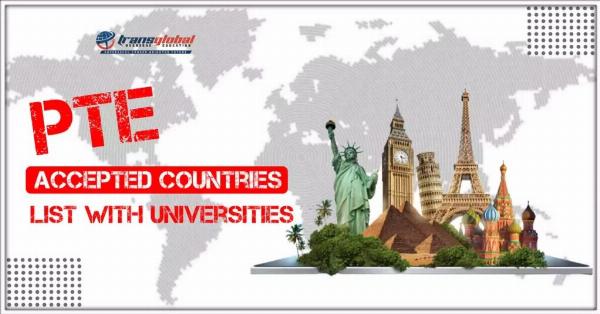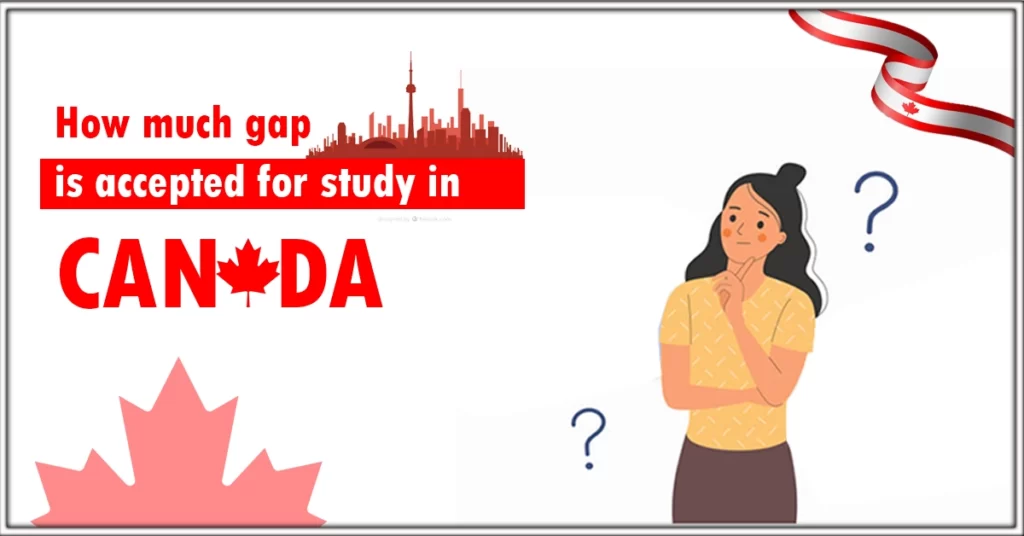 Blog Speed Optimization – Make Google & Users Happy!
Blog Speed Optimization – Make Google & Users Happy!
How Much Percentage is Required for a Canada Study Visa?
Written by Transglobal10 » Updated on: June 17th, 2025

Canada, with its world-class universities, multicultural environment, and post-graduation work opportunities, attracts international students from across the globe. But before embarking on this exciting journey, a crucial question arises: what percentage is required for a Canada study visa?
How much percentage is required for a Canada study visa?
There is no single minimum percentage required for a Canada study visa. The minimum percentage depends on the program and institution you're applying to. Generally, expect a minimum of 60-70% for undergraduate programs and 70-75% for postgraduate programs. However, strong applications with other factors like relevant work experience or exceptional reasons for lower scores can still be successful.
General Benchmarks:
Here's a general idea of the percentage range different institutions might expect:
Undergraduate Programs: A minimum of 60-70% in your 12th grade or equivalent is typical. Some institutions might have higher expectations for specific programs.
Postgraduate Programs: For Master's degrees, a minimum of 70-75% in your undergraduate studies is common. Doctoral programs might have even stricter requirements.
How to Enhance Your Canada Study Permit Application?
While academic marks are important, a strong study permit application goes beyond percentages. Here's how to bolster your case:
English Language Proficiency: Demonstrate strong English language skills through tests like IELTS or TOEFL. Meeting or exceeding the university's minimum score requirement is crucial.
Statement of Purpose: Craft a compelling essay outlining your academic goals, chosen program's relevance to your career aspirations, and why you've chosen to study in Canada.
Financial Resources: Prove you have sufficient funds to cover tuition fees and living expenses for the duration of your studies. Provide bank statements, scholarship letters, or financial support documents from sponsors.
Strong Letter of Recommendation: Secure a recommendation letter from a teacher, professor, or employer who can vouch for your academic abilities and suitability for the program.
Importance of Percentage in Canada Study Visa
When applying for a Canada Study Visa, the applicant’s academic performance plays a crucial role in the decision-making process.Canadian universities consider the applicant’s previous academic record when deciding whether to admit them.Canadian universities are highly competitive, and a high percentage indicates that you are a strong candidate for admission and scholarship opportunities.When applying for a study visa, the Canadian government assesses the applicant’s academic performance to determine their eligibility for a visa. The minimum academic requirement for a study visa is generally a score of 50% in the student’s last completed degree.Therefore, it is important to prioritize your academic performance and strive for a high percentage to increase your chances of obtaining a study visa for Canada.
Strategies for Lower Scores:
If your academic record falls below the typical percentage range, don't be discouraged. Here are some strategies to consider:
Pursue Preparatory Programs: Several Canadian institutions offer foundation or diploma programs that act as a bridge between high school and undergraduate studies. Performing well in these programs can demonstrate your academic potential.
Highlight Relevant Work Experience: If you have relevant work experience, emphasize its connection to your chosen program. This demonstrates your commitment to the field and potential to succeed in your studies.
Retake Standardized Tests: If your English language test scores are lower than the required minimum, consider retaking the test after focused preparation.
Conclusion
In conclusion, there's no one-size-fits-all percentage requirement for a Canada study visa. The minimum score depends on your chosen program and university. Generally, expect a minimum of 60-70% for undergraduate programs and 70-75% for postgraduate studies. However, a strong application can overcome a slightly lower score. This includes demonstrating English language proficiency, showcasing relevant work experience, and providing a compelling statement of purpose.
Consider consulting a Canada study visa consultant for personalized guidance throughout the application process. They can help you navigate program and university requirements, strengthen your application, and ensure you meet all deadlines. With careful planning and a well-rounded application, you can increase your chances of securing your Canadian study visa and embarking on an exciting educational journey.
Canada Study Visa Percentages: Your Quick Guide (FAQ)
Q1. Is there a single minimum percentage for a Canada study visa?
No! The minimum percentage depends on your chosen program and the specific institution.
Q2. What's a general range for expected percentages?
Generally, expect a minimum of 60-70% for undergraduate programs and 70-75% for postgraduate programs. However, these are just benchmarks; some institutions might have higher requirements.
Q3. What if my scores are lower than the expected range?
Don't be discouraged! Strong applications with relevant work experience, exceptional reasons for lower scores, or completion of preparatory programs can still be successful.
Q4. Besides percentages, what else matters for my application?
A strong application considers English language proficiency (IELTS/TOEFL), a compelling statement of purpose, proof of sufficient financial resources, and strong letters of recommendation.
Q5. Where can I find the exact percentage requirement for my program?
Contact your chosen universities/colleges directly. They'll provide specific admission requirements and percentage expectations for your chosen program.
Note: IndiBlogHub features both user-submitted and editorial content. We do not verify third-party contributions. Read our Disclaimer and Privacy Policyfor details.
Copyright © 2019-2025 IndiBlogHub.com. All rights reserved. Hosted on DigitalOcean for fast, reliable performance.













